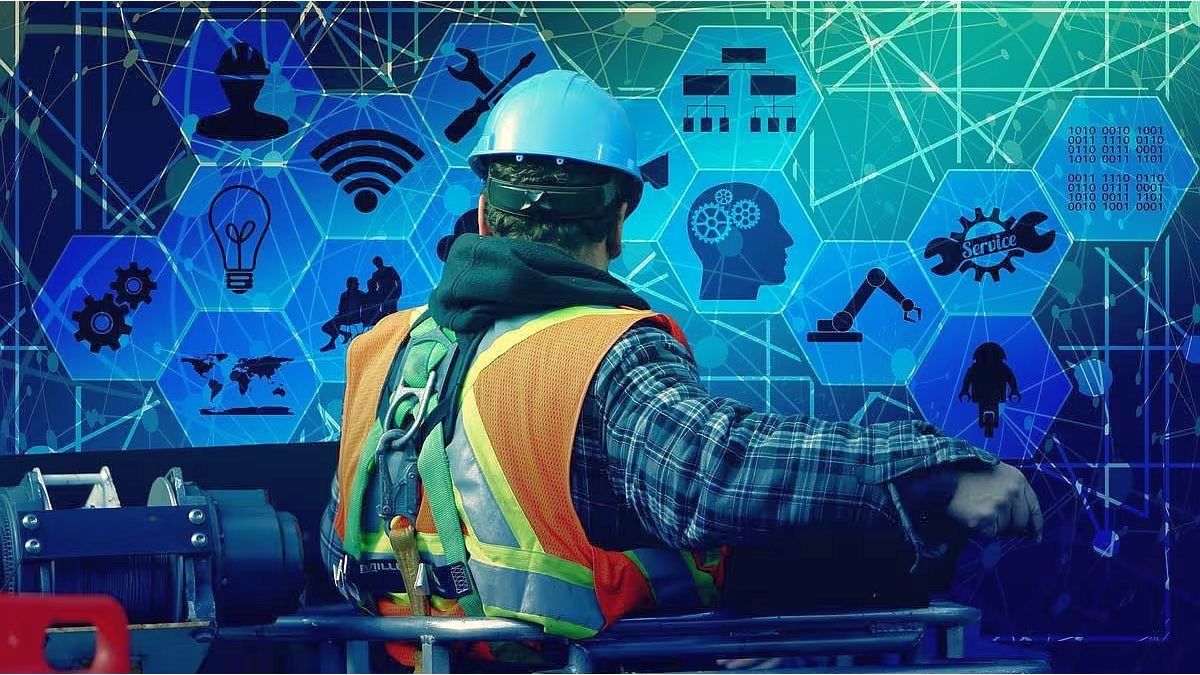The relationship between commodities and technology has entered a new phase with the advent of artificial intelligence (AI), which promises to radically transform both agriculture and mining. These changes not only affect production processes, but also have a significant economic and geopolitical impact.
In the agriculture, the use of drones and other advanced technologies improves the yields of crops such as soybeans and wheat. According to projections, AI will increase these returns by 100% to 300%. This increase in productivity will cause a drastic drop in agricultural commodity prices.
At the same time, in the miningespecially in the extraction of minerals such as copper and iron, AI facilitates more efficient methods that increase performance by up to 50%. In addition, technologies are developed that minimize the environmental impact of mining, improving the sustainability of operations.
The increase in efficiency and production, and the consequent fall in prices, pose significant challenges for countries like Argentina, which rely heavily on the export of raw materials. Declining incomes will destabilize economies that are not prepared for these changes.
Furthermore, the possibility of cultivate and extracting resources in regions that were not economically viable – such as certain areas of Africa – will upset the traditional geopolitical balance. Countries that previously dominated certain commodity markets could find themselves competing with new global players, diluting their influence and economic power.
With AI enabling access to resources in previously inaccessible areas, many operations in remote or hard-to-reach locations could become obsolete. This will not only change the dynamics of the commoditiesbut will also lead to the abandonment of certain mines or traditional farming areas.
In the production, automation using robots and other intelligent machines replace human labor. This transition towards a more technological workforce poses additional challenges in terms of job adaptation in traditionally labor-intensive sectors.
The ability to control AI, and by extension Military AI, is becoming a central factor for the maintenance of international order. The United States, as a leader in the development and application of AI, plays a key role in how this technology will be regulated and distributed globally. Managing these technological advances is essential to prevent potential conflicts between nations that could arise due to volatility in commodity prices and availability.
The advancement of artificial intelligence is redefining the commodities landscape, presenting both significant opportunities and challenges. The changes in production and the resulting economic impact will alter the global economic and political order, making AI management a critical aspect in modern geopolitics. The continued evolution of this technology will greatly determine the future of the global economy and the distribution of power between nations.
Things as they are.
Philosopher and international analyst.
Source: Ambito
David William is a talented author who has made a name for himself in the world of writing. He is a professional author who writes on a wide range of topics, from general interest to opinion news. David is currently working as a writer at 24 hours worlds where he brings his unique perspective and in-depth research to his articles, making them both informative and engaging.




